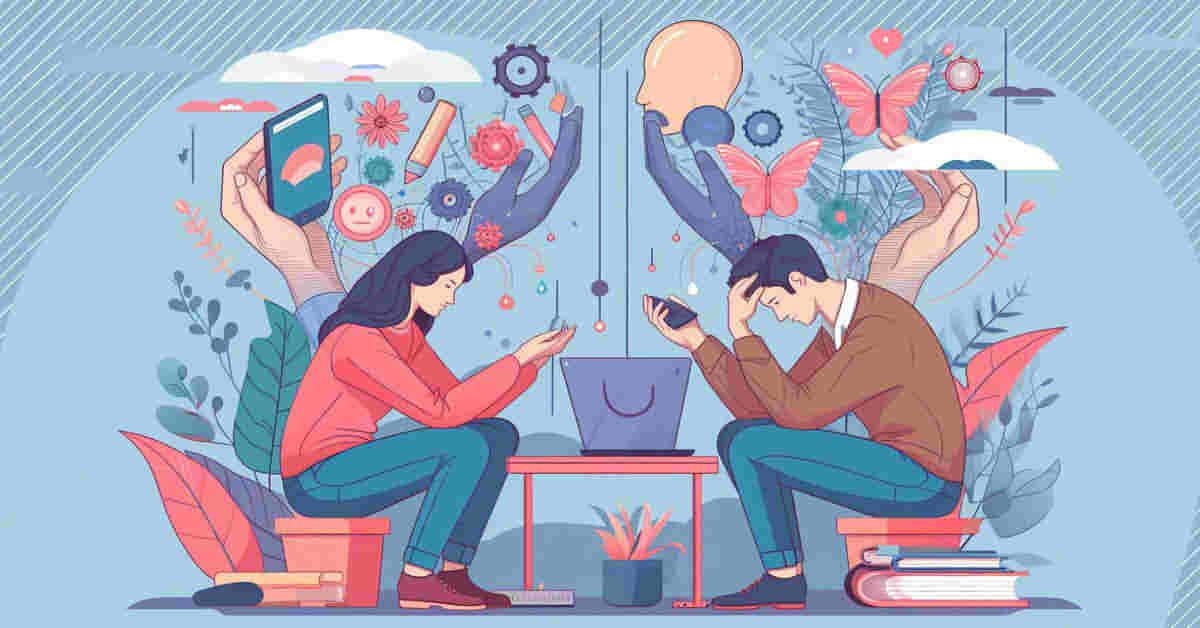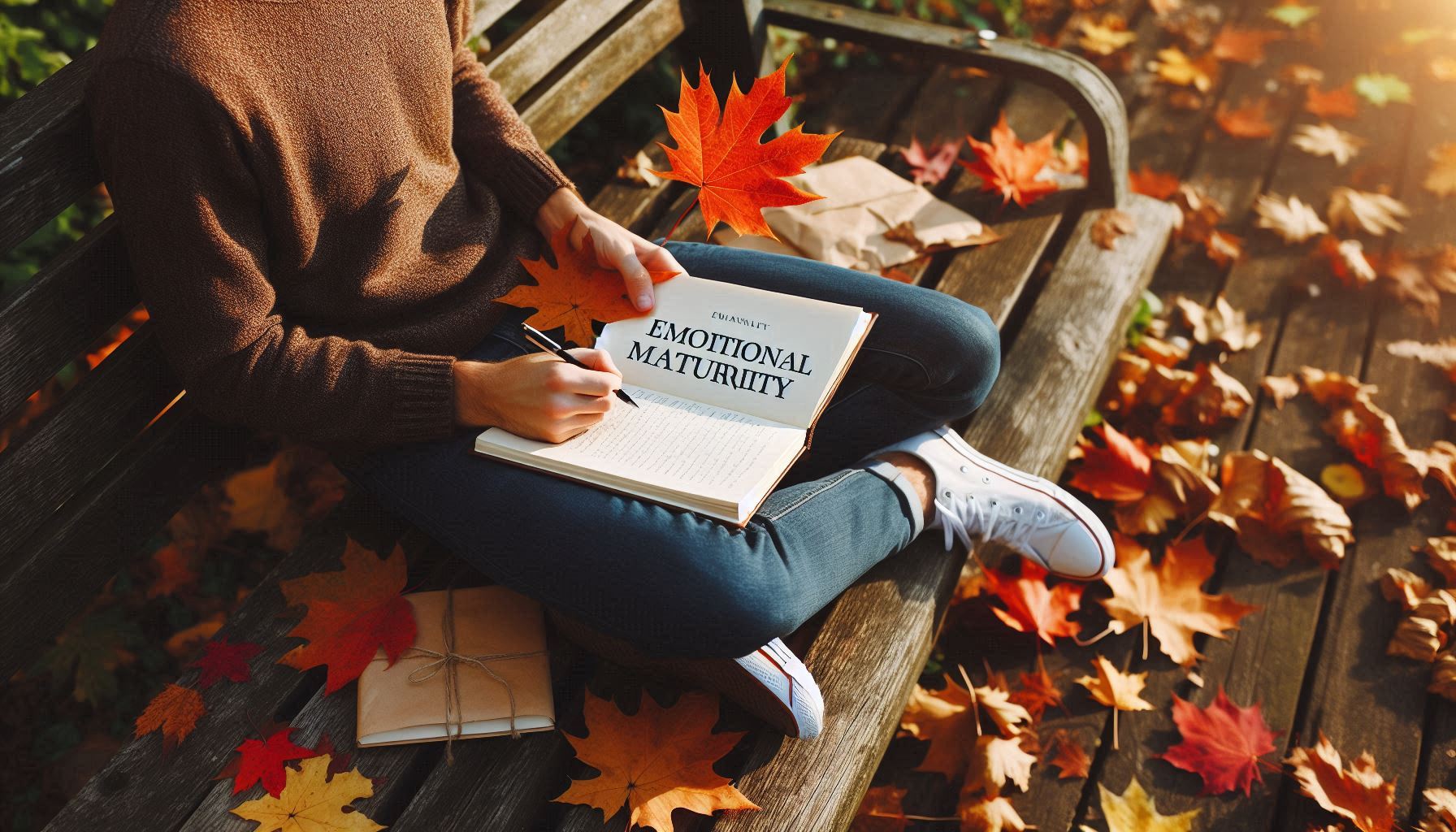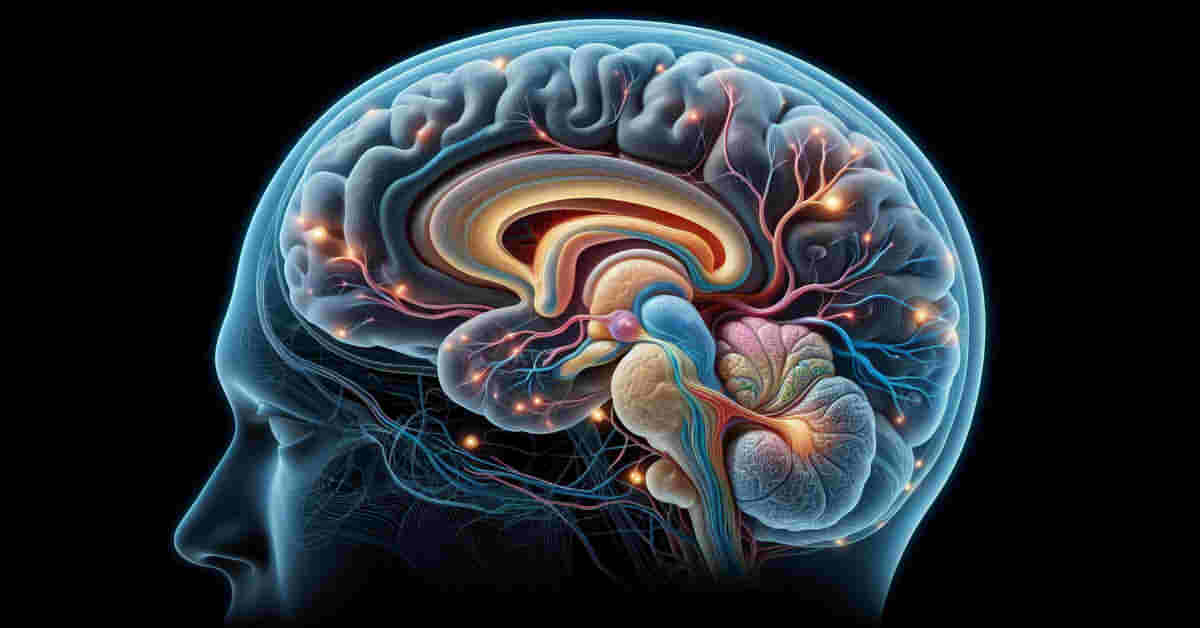Emotional pain is the result of our perception of our emotions. It stems from the labels we assign to our emotions when we reject life’s outcomes. Mainly, the lack of acceptance of failure or loss leads us to label emotions as negative. We often associate negative situations, circumstances, and events with our internal emotions. If what we experience seems positive to us, we label our emotions as positive, and vice versa.
In reality, there is no such thing as inherently positive or negative emotions. It is our reaction to what we experience that determines whether our emotions are perceived as positive or negative. The quality of our emotions depends on our reactions. Total acceptance results in high-quality emotions, while rejection leads to low-quality emotions.
Changing the Way We Treat Our Emotions
It is essential to change the way we treat our emotions because, even if you find it difficult to refrain from reacting to unpleasant events, you still have a good chance to release emotional pain. Instead of merely easing emotional pain temporarily, you can potentially release it for good. To change the way you treat your emotions, you need to avoid the following bad habits:
- Control: This bad habit is your worst enemy. It is a significant reason why you struggle to soothe your emotional pain and often results in increased emotional distress. The more you have the urge to control your emotions, the worse your mental state becomes. Emotions and control are like fire and fuel; trying to control your emotions is like trying to put out a fire with gasoline, which only makes it worse. Instead of attempting to control the uncontrollable, focus on understanding and accepting your emotions. For a deeper understanding, read about “Why Emotions Cannot Be Controlled?” to learn about the forms of control and how to overcome this habit.
- Labeling: This is another bad habit that prevents you from releasing your emotional pain. If you want to make your emotions your enemy, label them as negative. Labeling means you do not accept your emotions as they are; you reject them and refuse to listen to them. In reality, emotions are not meant to be labeled as positive or negative; they are created to add depth and reality to our experiences. Imagine your life experiences without emotions—there would be no excitement. Without excitement, there would be no memories, and without memories, there would be no experiences. Accepting emotions without labeling them allows us to experience life more fully and authentically.
- Reaction: This habit prevents you from maintaining a calm inner space. Because reacting has nearly become a second instinct, you are often overwhelmed by your emotions. This unconscious reaction increases the urge to control your emotions, which, in turn, worsens your mental state. The problem is that many people are not even aware that they react unconsciously. As long as you do not address this habit of reacting impulsively, your inner space will always be cluttered, and you will not achieve the calmness you desire.
Embracing Emotional Awareness
To ease emotional pain and cultivate a healthier relationship with your emotions, it is crucial to develop emotional awareness. This involves recognizing and accepting your emotions as they arise, without judgment or the urge to control them. Being in role of the observer and having self-compassion can help in observing your emotions without becoming overwhelmed by them. By allowing yourself to feel and process emotions naturally, you create the space needed for healing and growth.
Practicing Acceptance and Letting Go
Acceptance is not about resigning yourself to pain but about acknowledging your feelings and giving yourself permission to experience them fully. Letting go of the need to control or label your emotions allows them to pass through you without leaving a lasting negative impact. Simply embracing the fact that your emotions are not your enemy will help you to accept and let go of emotional pain.
By changing the way you perceive and react to your emotions, you open the door to a more balanced and peaceful life, free from the burden of emotional pain. Remember, emotions are a natural part of being human, and learning to navigate them with acceptance and understanding is key to emotional well-being.


